
by Gideon Marcus
Tossing and turning
When I was a kid, I had (like everyone else) a cotton-filled mattress. In a lot of ways, I was lucky. I was a skinny kid so I didn't weigh much, and I was just as lief to sleep on the rug as in a bed, so I wasn't picky about where I lay down. Plus, bedbugs weren't a problem in sunny El Centro. They hated the lack of air conditioning as much as we did. So that ol' mattress did me fine.
But I got spoiled by my first innerspring in the 50s. That's sleeping comfort.

The only problem with coil mattresses, of course, is that after a while (unless you managed to stay teen skinny into your middle years) the middle sags. Eventually, you're in this little self-made pit. Oh your aching back!
The latest issue of Fantasy and Science Fiction is a bit like a saggy mattress. It's great at the ends, but the middle is the absolute pits.
It started so well

by Chesley Bonestell

The Hall of the Dead, by L. Sprague de Camp and Robert E. Howard
Robert E. Howard is having the best decade in a long time. It's a pity he's not around to enjoy it, having passed away more than 30 years ago. But his mighty thewed creation "Conan", warrior of Hyboria, has found new life in the hands of famed Fantasist L. Sprague de Camp. In addition to compiling (and lightly editing) Howard's old stories for a pair of collections, which Cora will be reviewing in two days, Sprague has also taken unfinished pieces and raw outlines and given the bones flesh.
The Hall of the Dead was only a 650 word outline when Sprague found it. It is now an intriguing new novelette in the Conan canon, one that I found every bit as exciting as the various pieces I've found in old pulps.
It's a tale set very early in Conan's life. He is on the run from the wicked city of Shadazar, a company of police soldiers on his tail led by the Aquilonian mercenary, Nestor. Conan seeks refuge in the cursed dead city of Larsha. There, he and Nestor must team up to face a variety of horrors, living and dead. The reward if they succeed? Treasure beyond imagining!
It's great, riproaring stuff. More please.
Four stars.

by Gahan Wilson
A Walk in the Wet, by Dennis Etchison
The lone survivor of a spacewreck is haunted by more than the deaths of dozens. For, as a telepath, he experienced the fatalites as well as witnessed them. Now faced with the truth of how he became the mutant he is, the spacer has taken on a grisly mission…if only he can remain sober long enough to carry it out.
That summary makes this sound like a pretty good story. It's not. It's impenetrable and rather disgusting. I suppose its lone virtue is that it's memorable.
One star.
The Next Step, by E. A. Moore
On an overcrowded world, the only hope for humanity is colonizing the stars. It turns out that the inevitable leukemia that the settlers acquire on their relativistic jaunts is the key to their transcending their physical form and becoming one with the universe.
In addition to being rather amateurishly written, this story requires a lot of leaps of faith. I have trouble buying the premise that cancer is actually a beneficial development.
Two stars.
The Song of the Morrow, by Robert Louis Stevenson
Ferman is really scraping the barrel if he has to go back 70 years for a piece. In this vignette, wide-eyed princess meets a crone on a beach, is told many things that come true, and the maid ultimately becomes the next crone.
I like poetic stuff as much as the next person, but this one didn't do it for me.
Two stars.
The Intelligent Computer, Ted Thomas
As usual, Ted starts with an interesting premise (how do you copyright/patent something developed by a computer?) and utterly flubs it. Mr. Thomas needs to write a real article or stop writing these half-efforts.
Two stars.
The Little People (Part 2 of 3), by John Christopher
The serial continues. Last month took us to a run-down hostel in rural Ireland where a collection of eight neurotics discovered what they thought was one of The Little People.
In this chapter, we learn that the foot-tall girl and her friends are not faerie folk at all, but something much more sinister–the result of a Nazi experiment in longevity.
I honestly have no idea where this story is going to end up. I am still enjoying it, though perhaps not quite so much as last time.
Four stars.
Impossible, That's All, by Isaac Asimov
In this month's article (the Good Doctor's 100th… and we've covered all save the first!), Dr. A talks about why it's impossible to go faster than light, and why we should all just stop bugging him about it.
It's a good piece, particularly in talking about how our advancements in science serve to refine models rather than completely overthrow them (q.v. Newton to Einstein). On the other hand, sometimes model changes are revolutionary. Discovering subatomic particles didn't change the life of the average citizen…until we used the knowledge to make atomic bombs and reactors. We now seem to be on the edge of a revolution in sub-sub-atomic physics as we speak, giving rhyme and reason to the veritable zoo of particles, just as subatomic theory made sense of Medeleev's periodic table. Who knows if that will result in discoveries in previously impossible fields such as antigravity and faster than light travel?
Asimov is facile, but I suspect he's missing something. Three stars.
Blackmail, by Fred Hoyle
The champion of out-of-date theories (e.g. "Steady State") offers up this bizarre little fantasy in which a fellow learns to communicate with animals. Turns out all they want to do is watch people beat each other up on television. Think of the effect on the Nielsen's!
Forgettable fluff. Two stars.
Falling out
This sunken mess of a mattress garners a lousy 2.6 stars. That's still better than most of the other mags out this month, which tells you how bad our job here at the Journey can be.
That said, between the Conan and the Christopher (not to mention Merril's column and Asimov's article), more than half of this month's issue is worth a read.
I'll just have to learn to sleep on the edges, that's all!


![[January 20, 1967] Sag in the middle (February <i>Fantasy and Science Fiction</i>)](https://galacticjourney.org/wp-content/uploads/2022/01/670120cover-1-422x372.jpg)

![[January 18, 1967] Temper tantrum (<i>Star Trek</i>: "The Squire of Gothos")](https://galacticjourney.org/wp-content/uploads/2022/01/670118title-672x372.jpg)

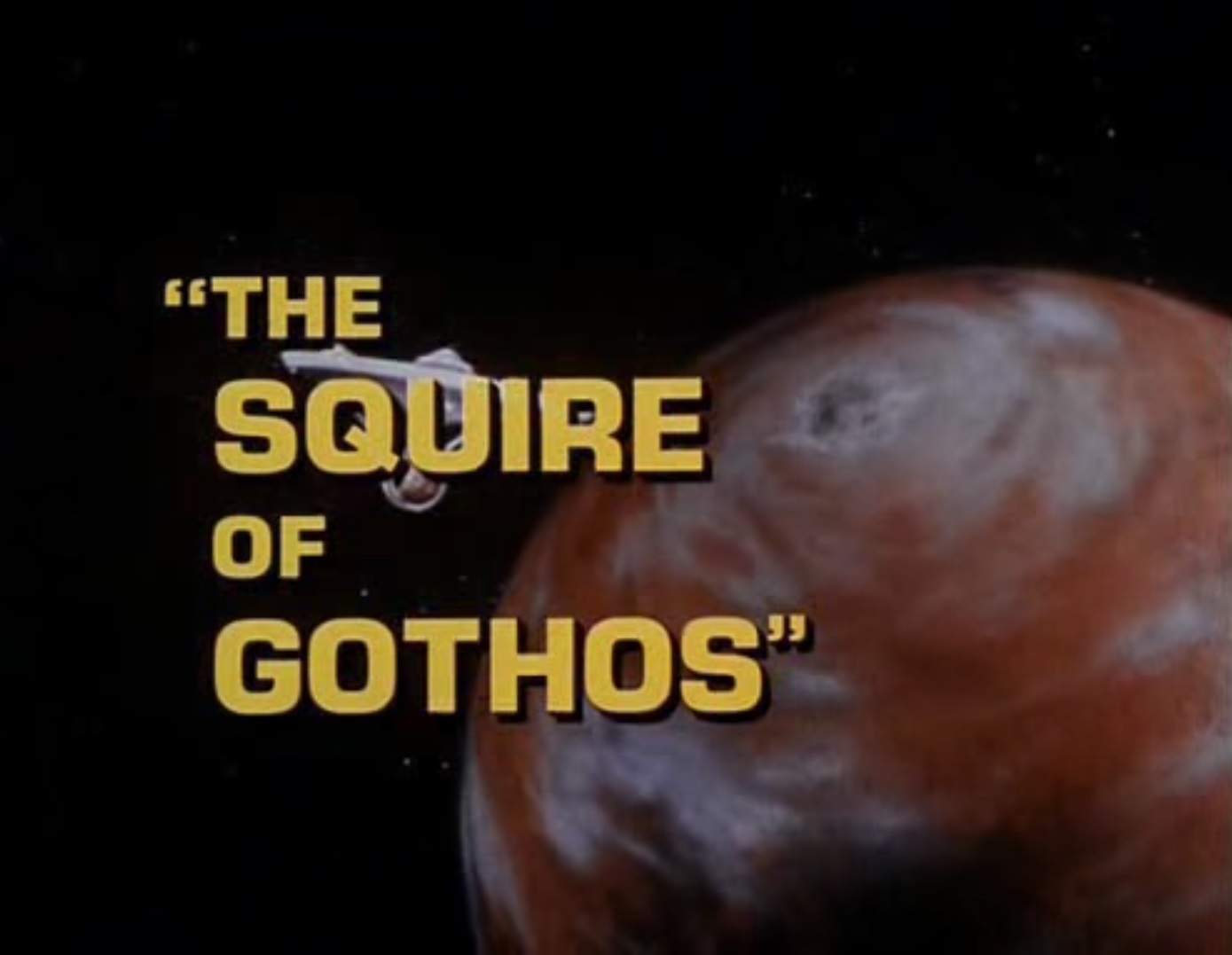
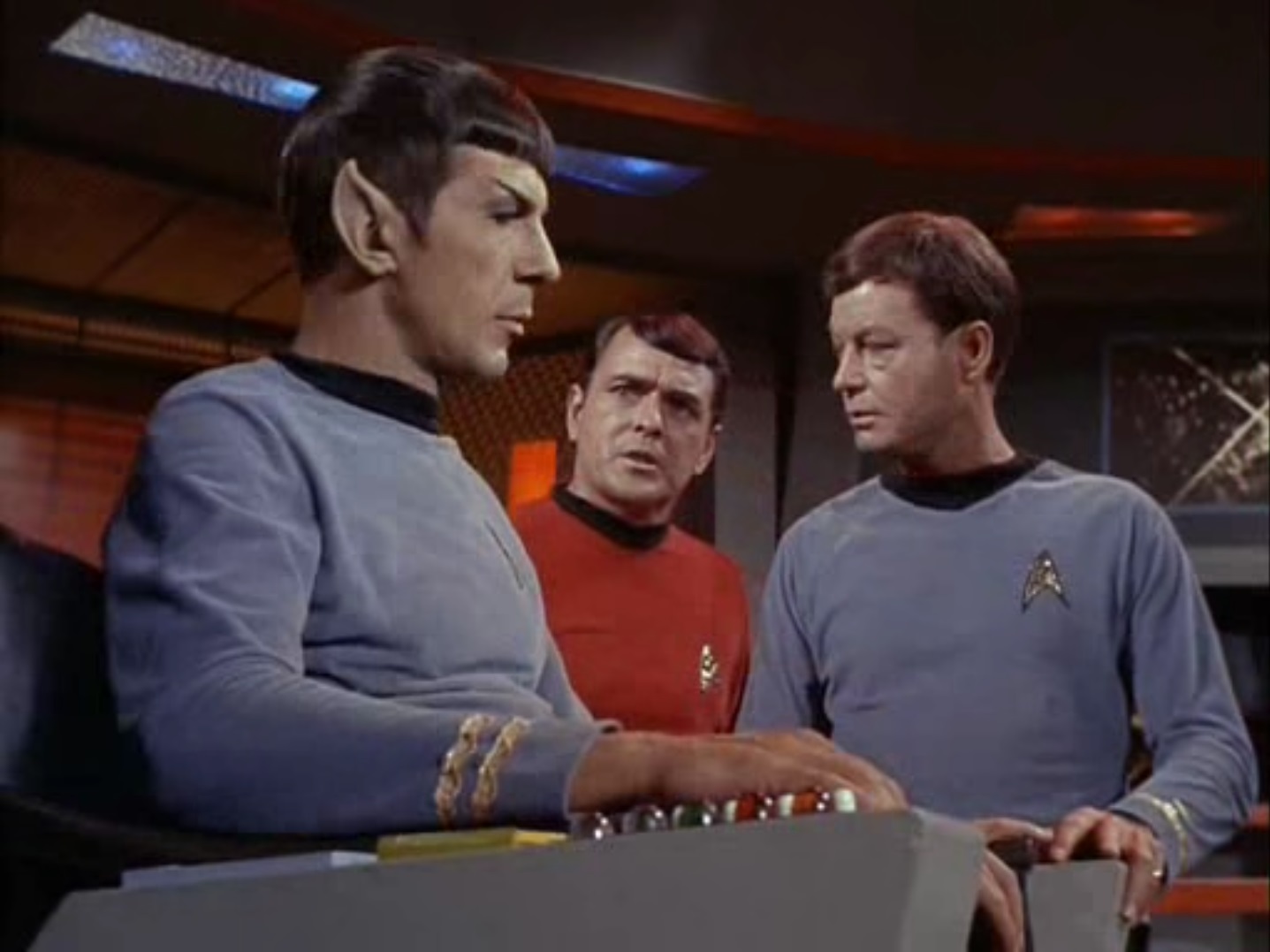
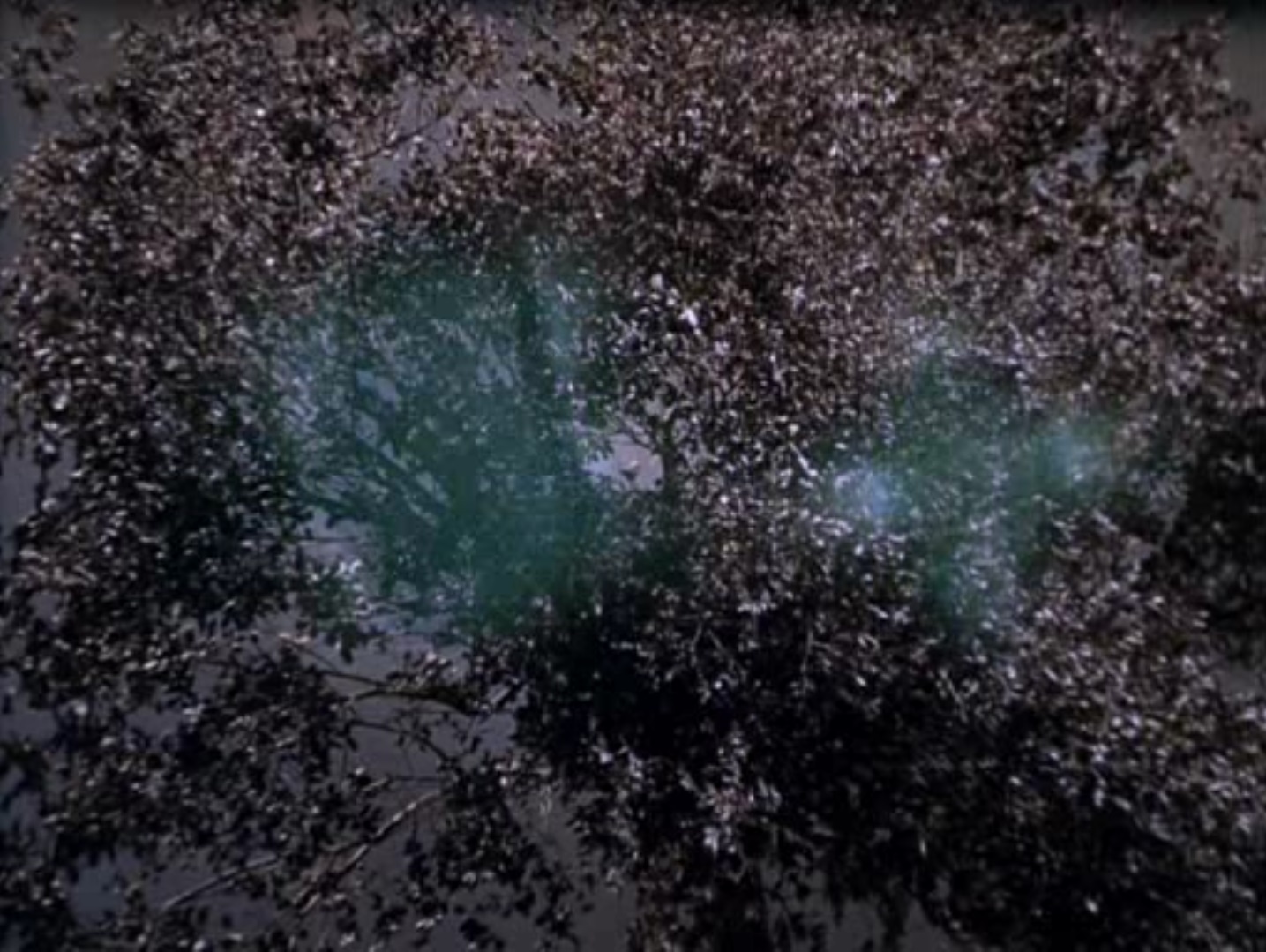
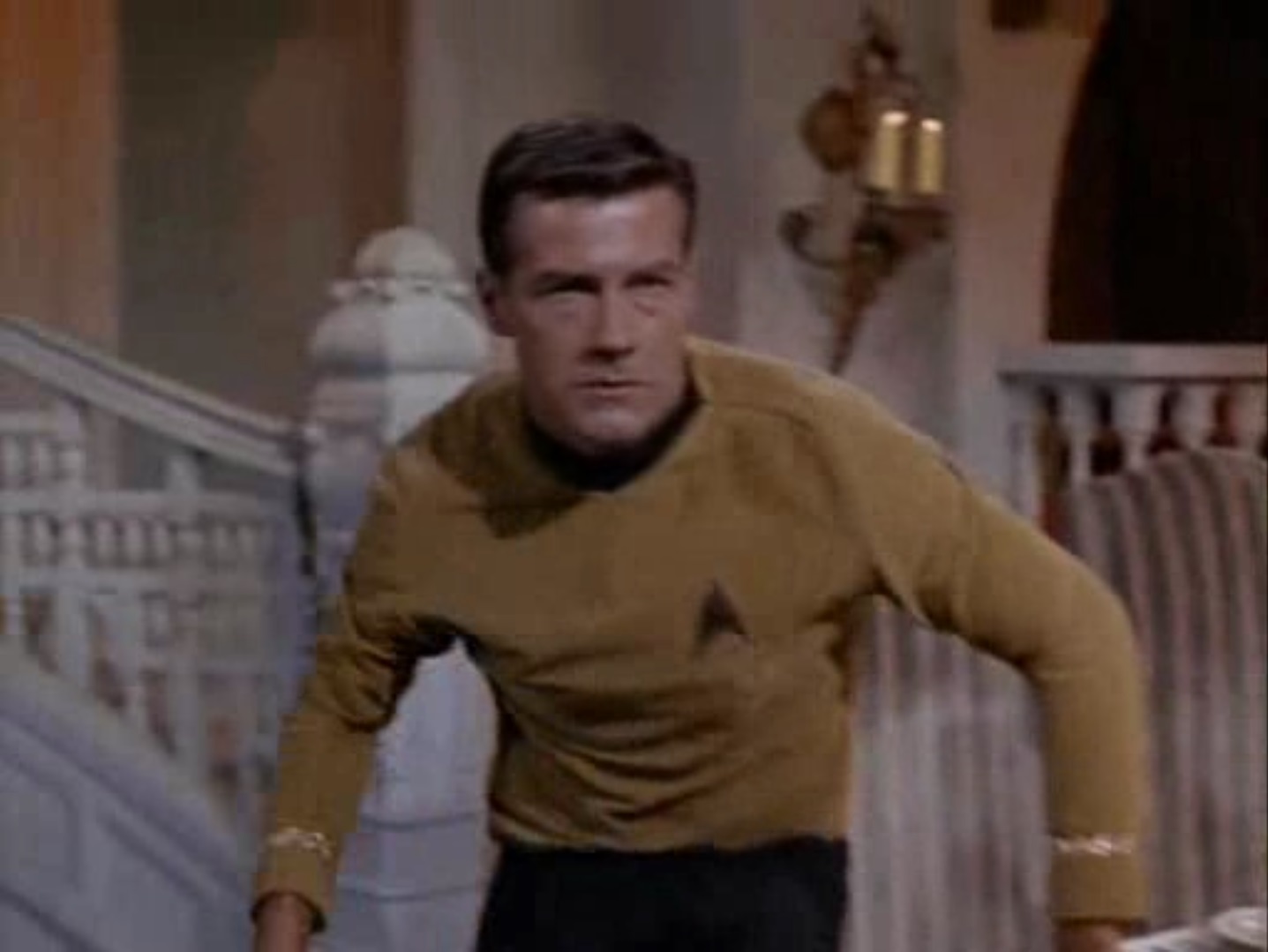
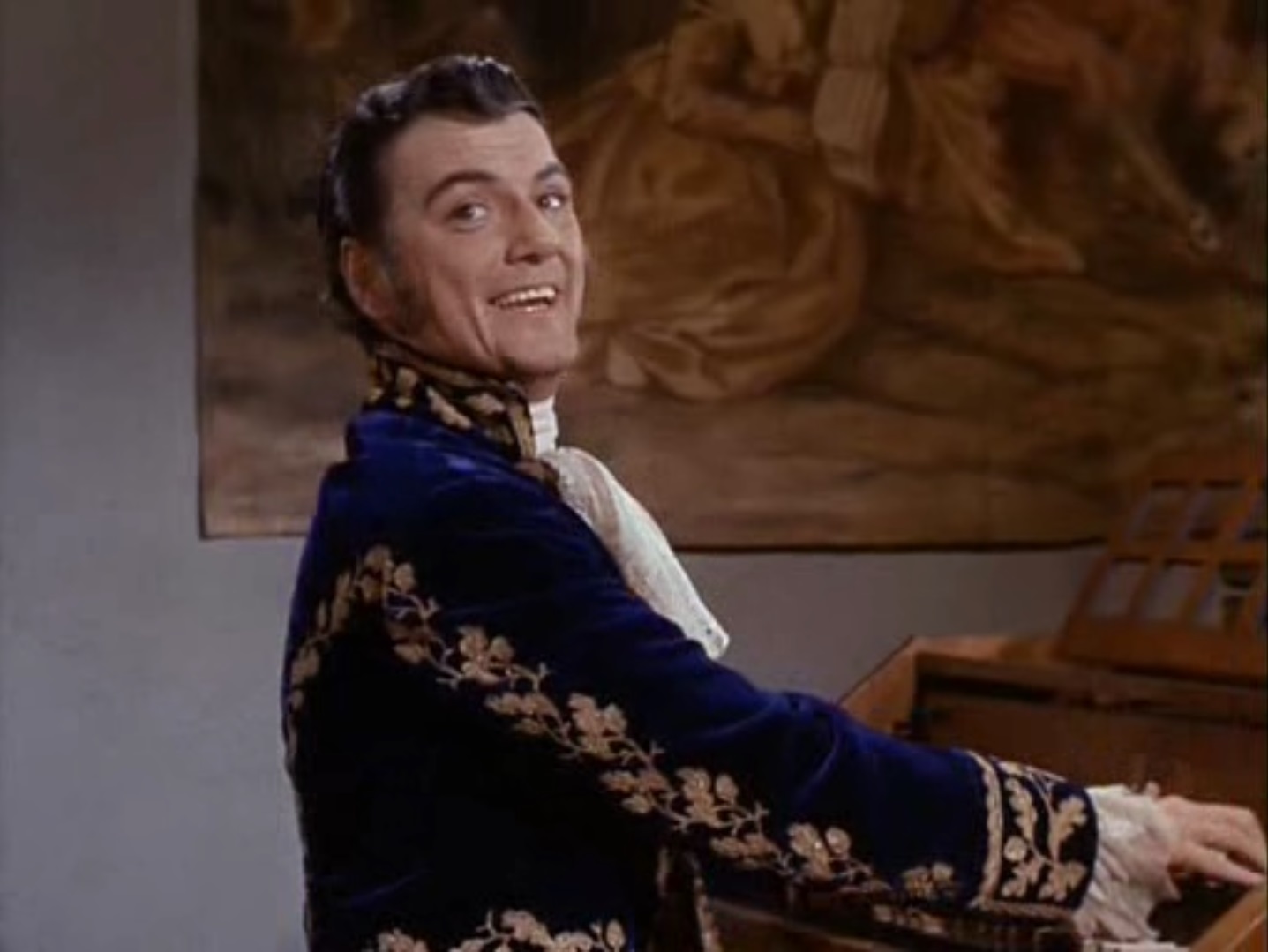
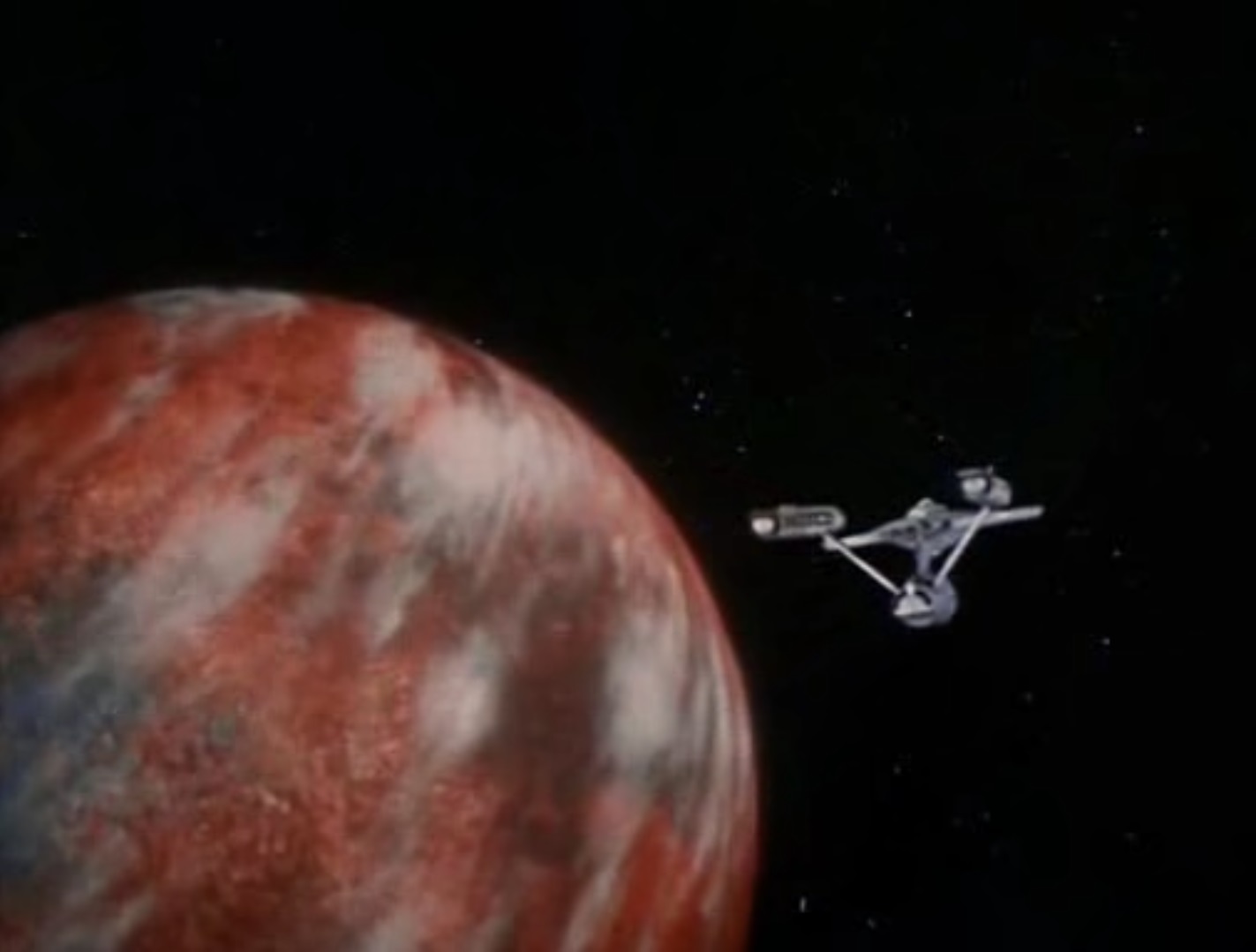


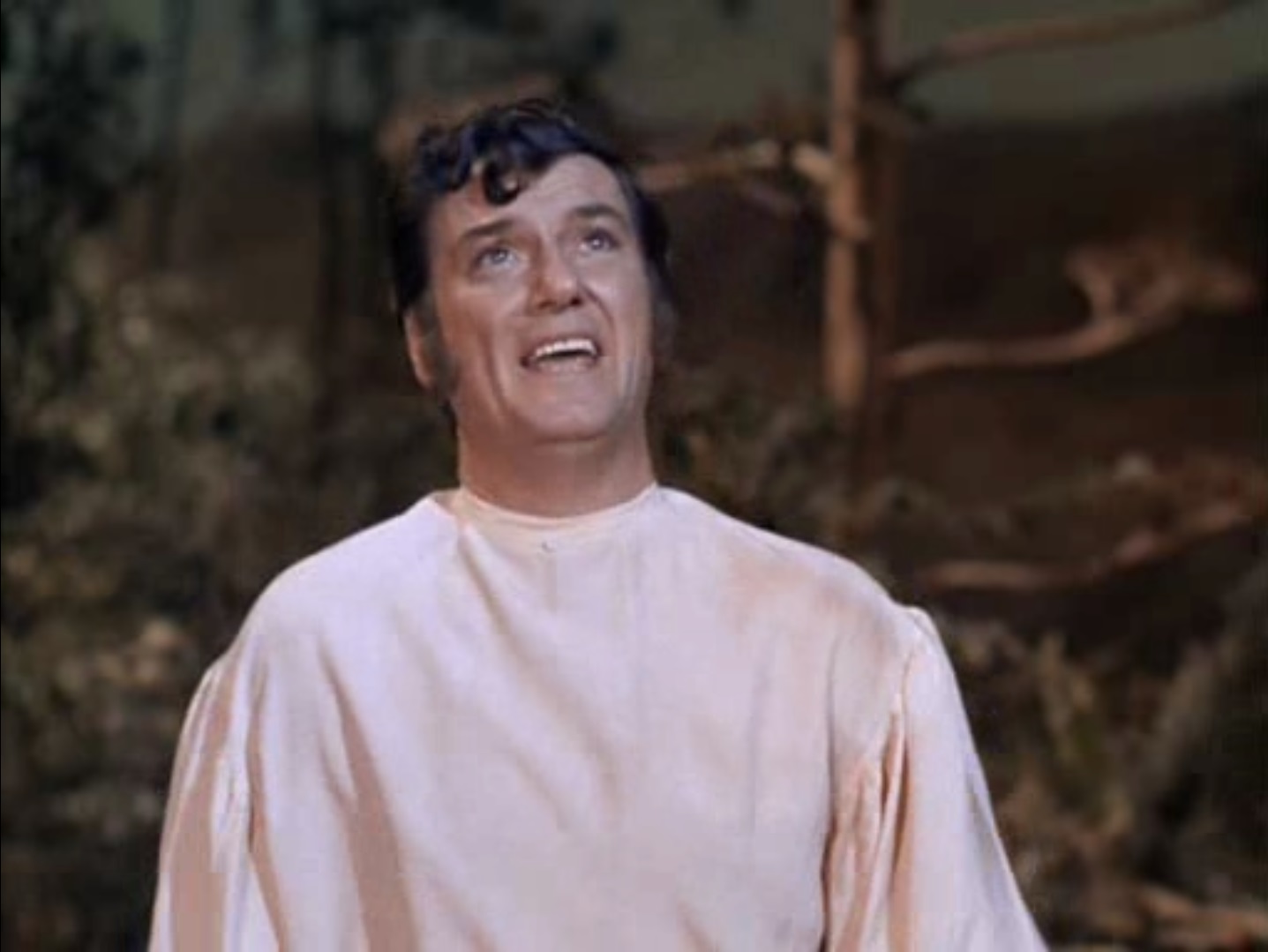

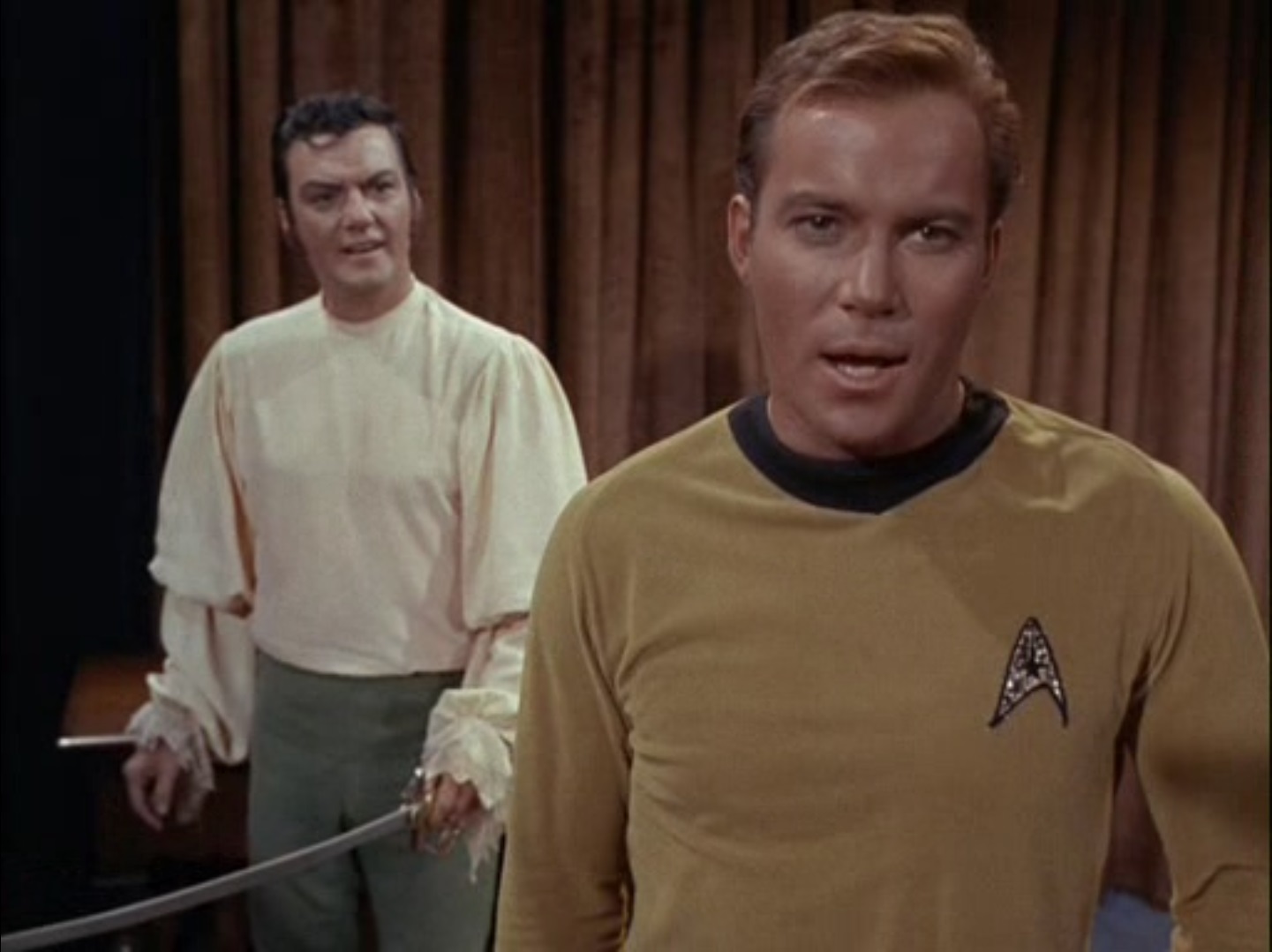
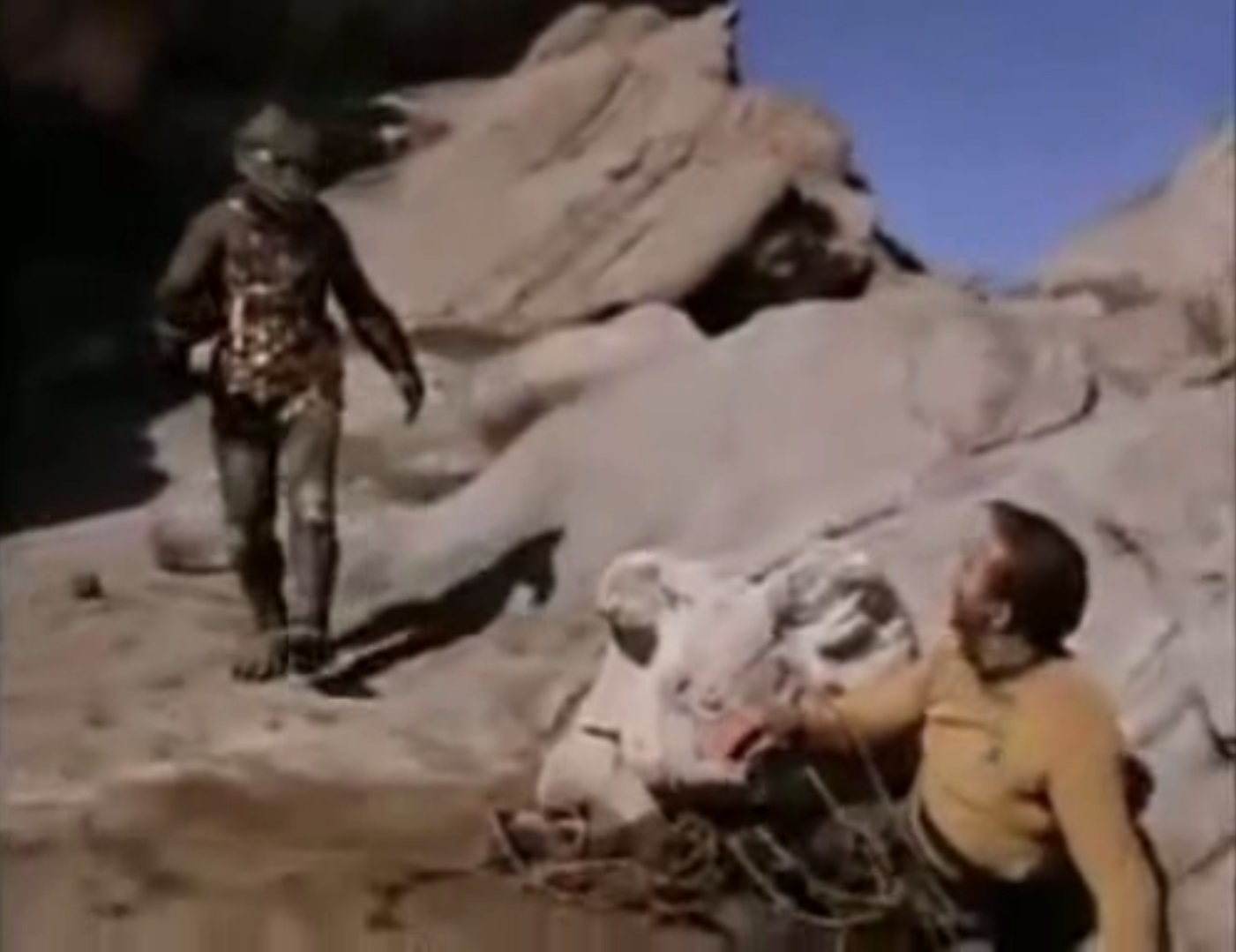
![[January 14, 1967] First batch (January Galactoscope)](https://galacticjourney.org/wp-content/uploads/2022/01/670114covers-672x372.jpg)

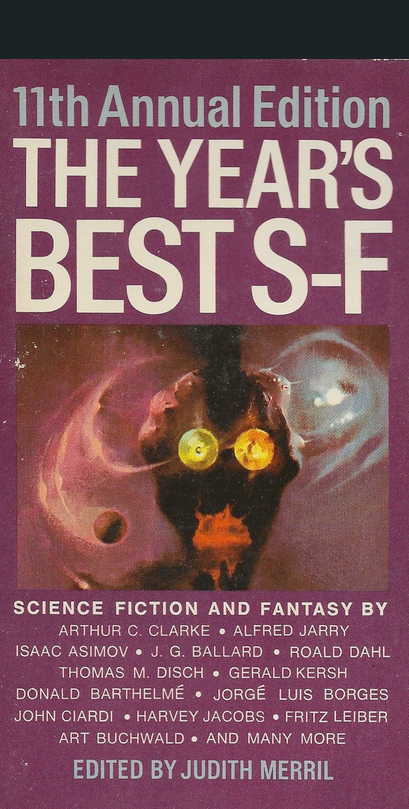
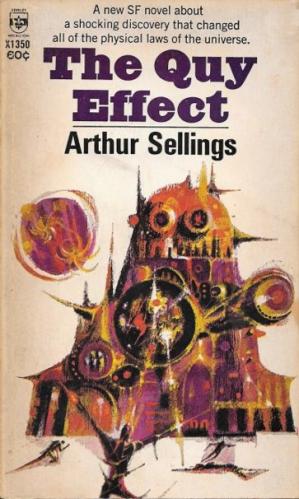

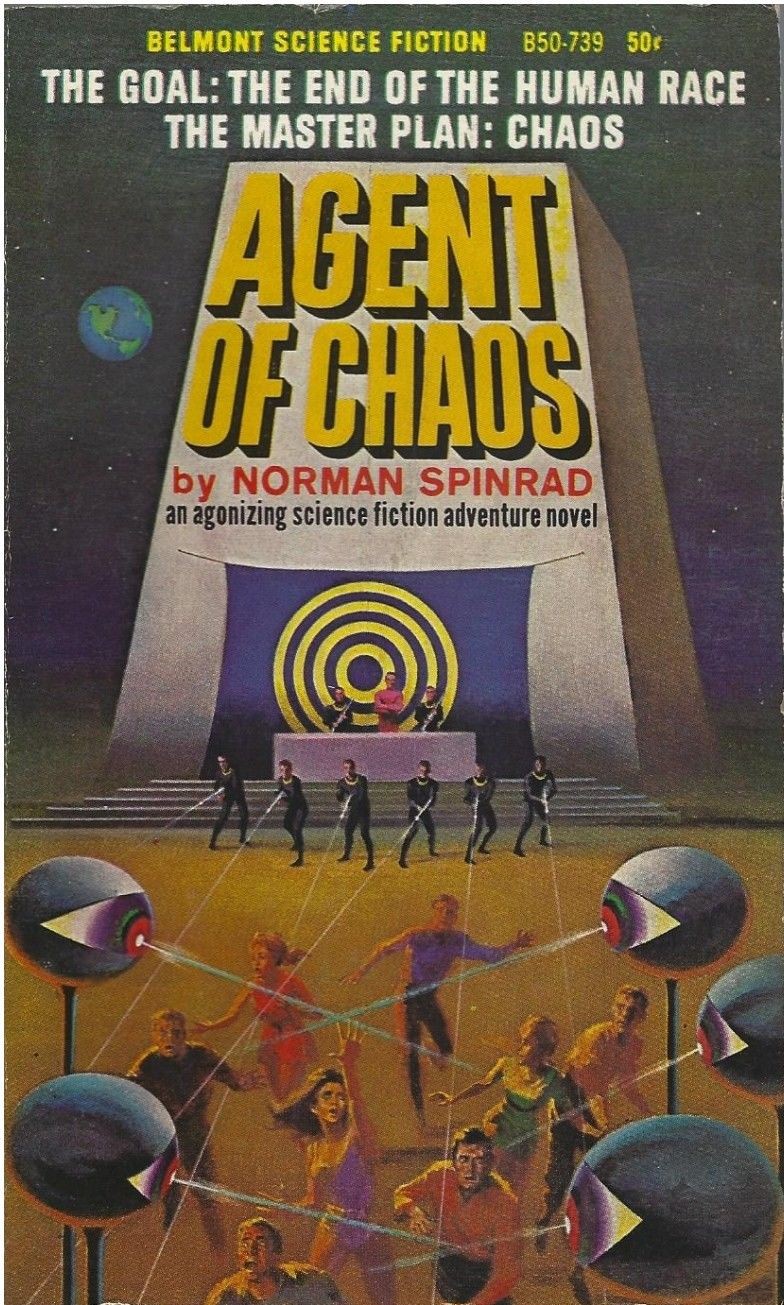
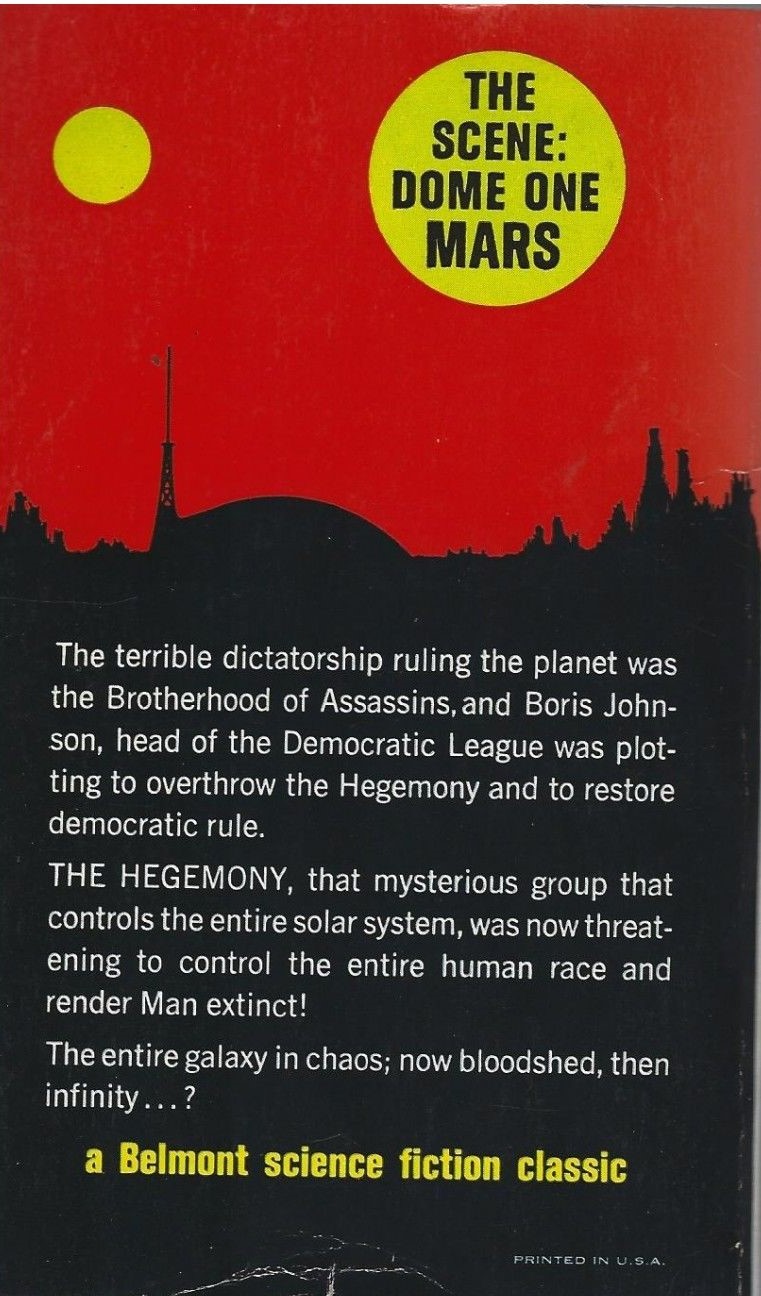
![[January 12, 1967] Most illogical (<i>Star Trek</i>: "The Galileo Seven")](https://galacticjourney.org/wp-content/uploads/2022/01/670112title-672x372.jpg)


![[January 10, 1967] Return to sender (February 1967 <i>Galaxy</i>)](https://galacticjourney.org/wp-content/uploads/2022/01/670110cover-672x372.jpg)
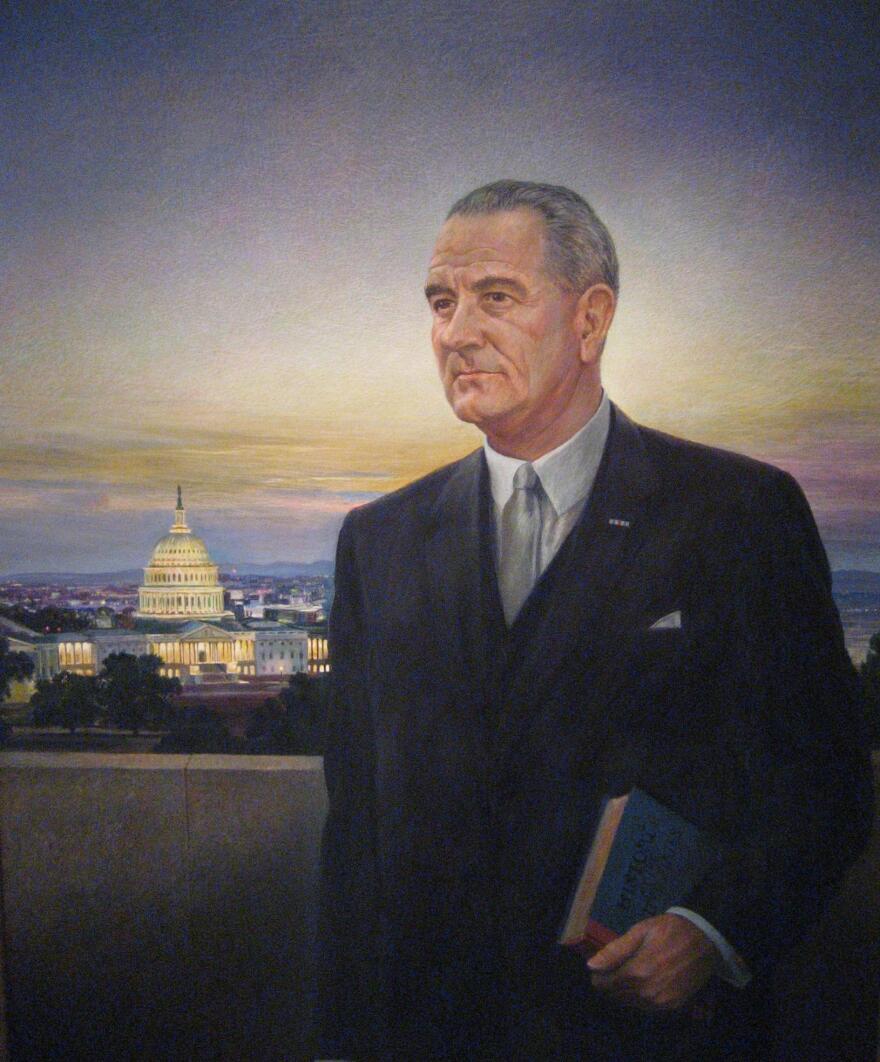
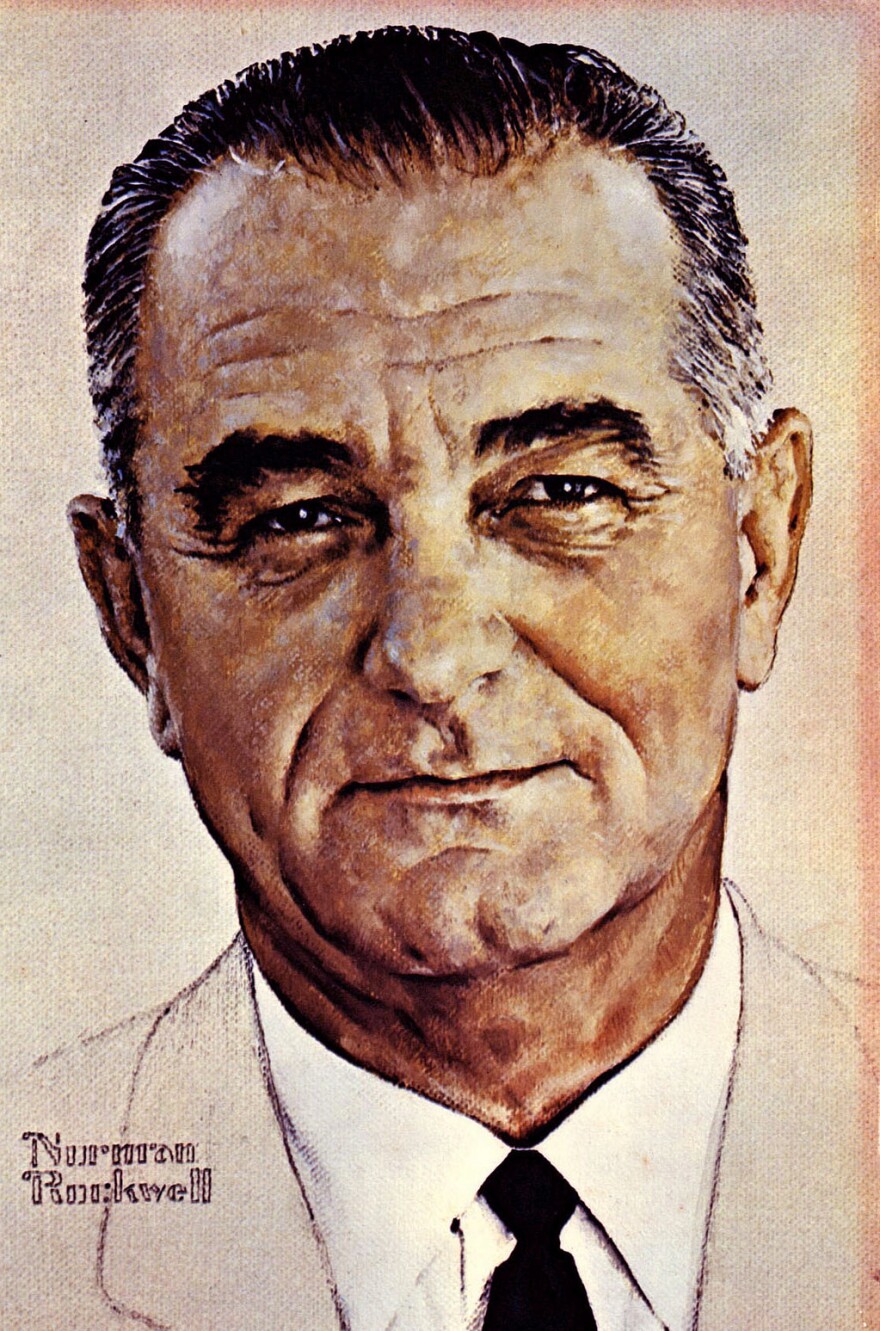
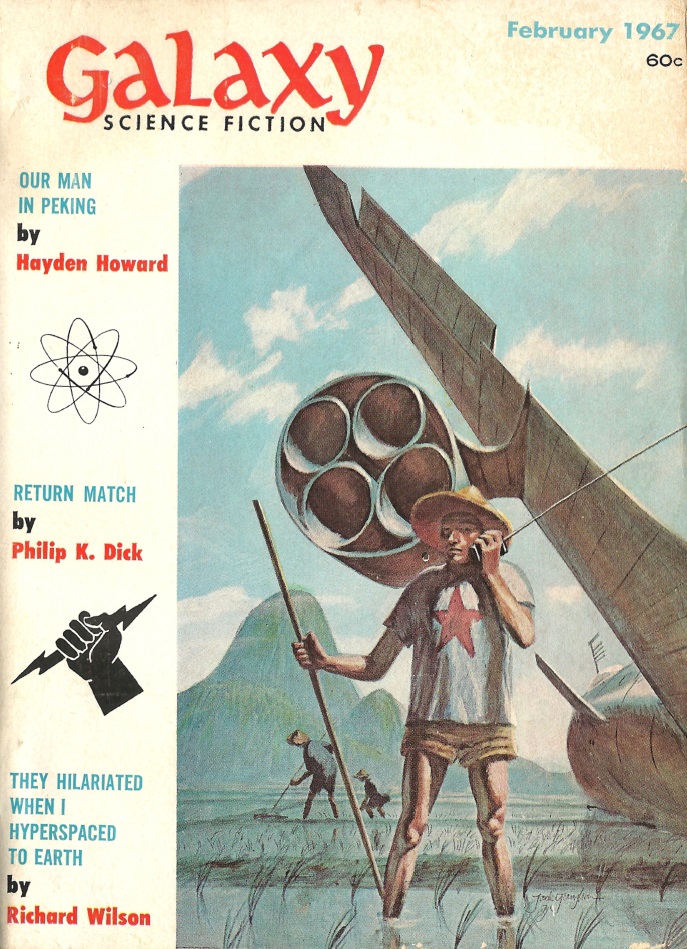

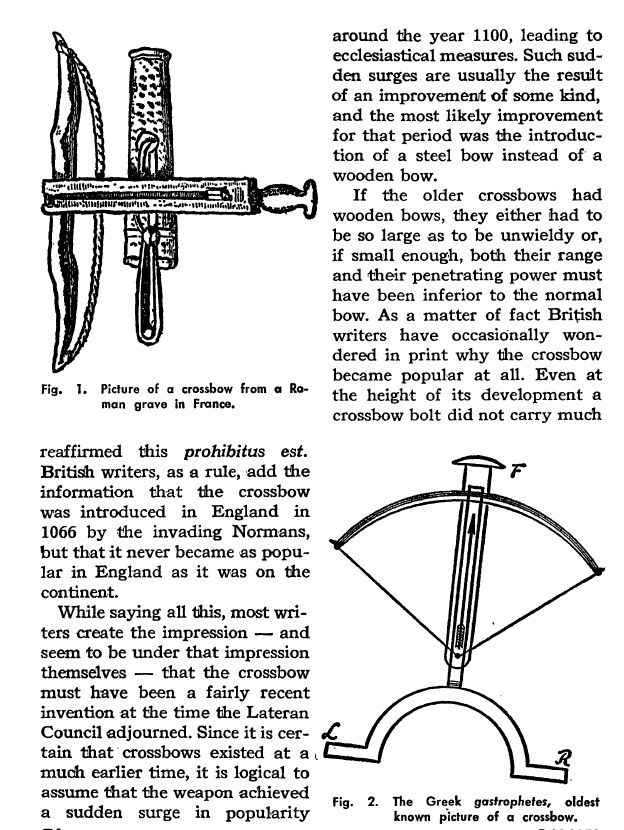
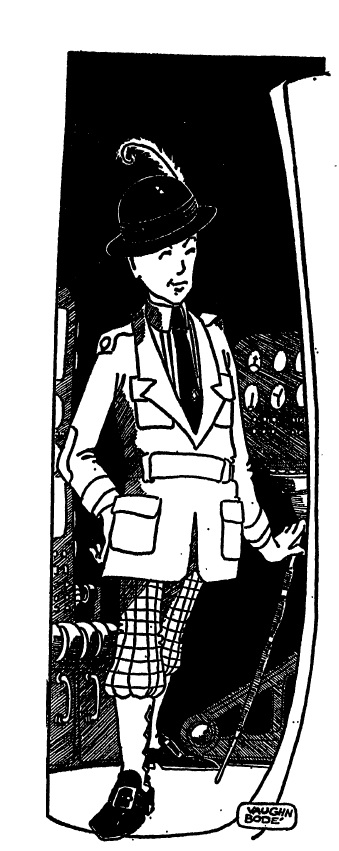
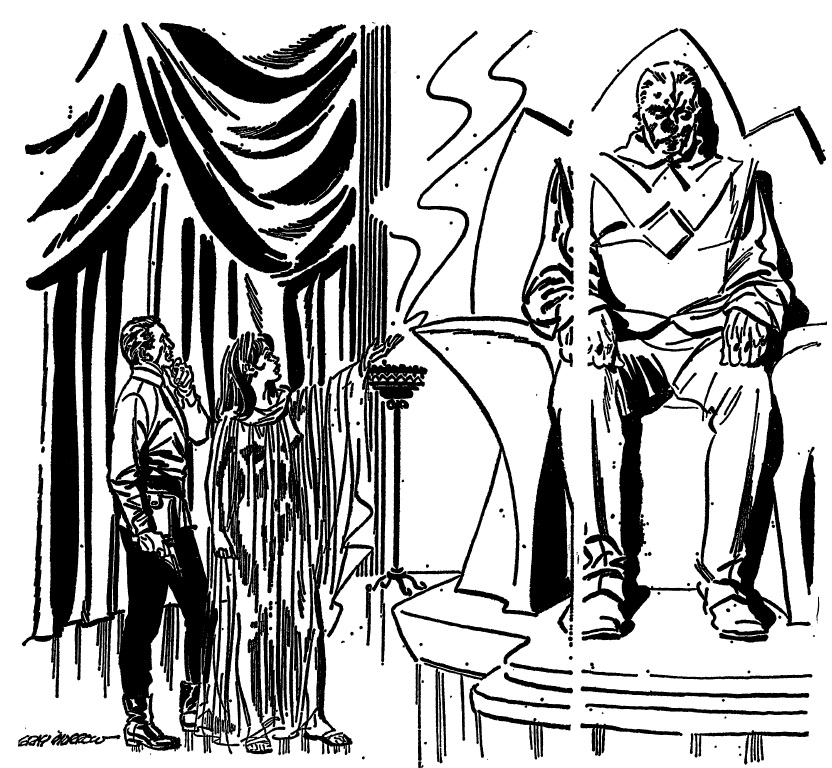
![[January 4, 1967] Six Impossible Things Before Breakfast (<i>Star Trek</i>: Shore Leave)](https://galacticjourney.org/wp-content/uploads/2022/01/670104title-672x372.jpg)










![[December 31, 1966] Barriers to quality (January 1967 <i>Analog</i>)](https://galacticjourney.org/wp-content/uploads/2021/12/661231cover-672x372.jpg)









![[December 26, 1966] Harvesting the Starfields (1966's Galactic Stars!)](https://galacticjourney.org/wp-content/uploads/2021/12/661226plough-672x372.jpg)






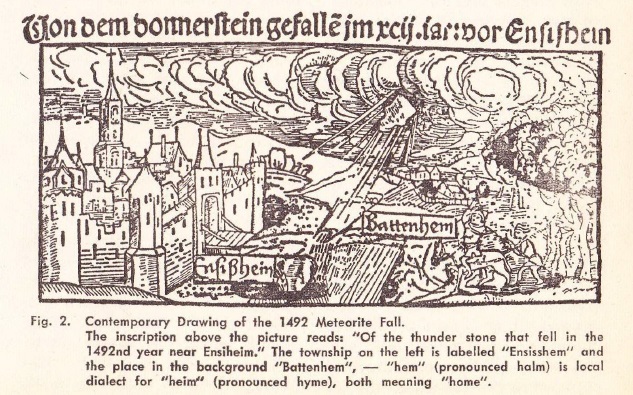




![[December 24, 1966] Unquiet on the Romulan Front (<i>Star Trek</i>: "Balance of Terror")](https://galacticjourney.org/wp-content/uploads/2021/12/661224title-672x372.jpg)











![[December 20, 1966] Above and beyond (January 1967 <i>Fantasy and Science Fiction</i> and a space roundup)](https://galacticjourney.org/wp-content/uploads/2021/12/661220cover-656x372.jpg)




